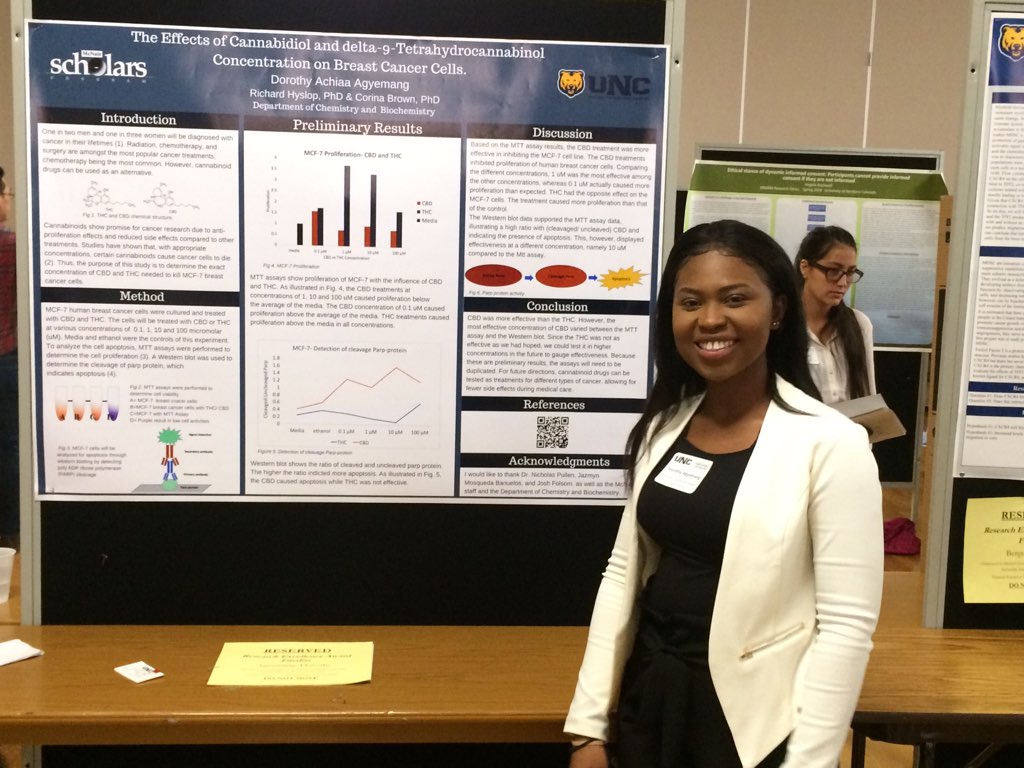Graduate Students

Application Requirements
- Must have completed one semester of graduate school by the time the project period begins or be a Post-Doctoral student
- May be masters or doctoral level or Post-Doc.
Training Requirements
- Selected mentors will participate in 2-3 meetings/trainings depending on schedule and needs per year.
- Mentors must obtain and maintain certifications as needed for research with humans, animals, HIPPA, CITI, IACUC, etc., including UNC ORSP required mentoring training modules.
Expectations
- Attend all check-in meetings.
- Develop valuable experience mentoring undergraduate students that could prepare for a faculty position in academia.
- Review undergraduate research papers and offer constructive feedback.
- Meet with undergraduate students weekly to offer academic & interpersonal support.
- Commit to a specific amount of time (semester or academic year).
- Continue support of undergraduate researcher throughout the timeframe.
- Outline and detail specific mentoring activities or strategies that will be implemented or utilized.
- Be familiar with and follow the institution policies regarding academic conduct.
- Sign and comply with a participation agreement.
Student Success Outcomes
- Create more opportunities for students from under-represented backgrounds to increase academic domain identification and provide experiences that can contribute to undergraduate & potential graduate student success.
- Develop meaningful connections with graduate student mentors and faculty that improve retention at an undergraduate level & recruitment at graduate school level.


